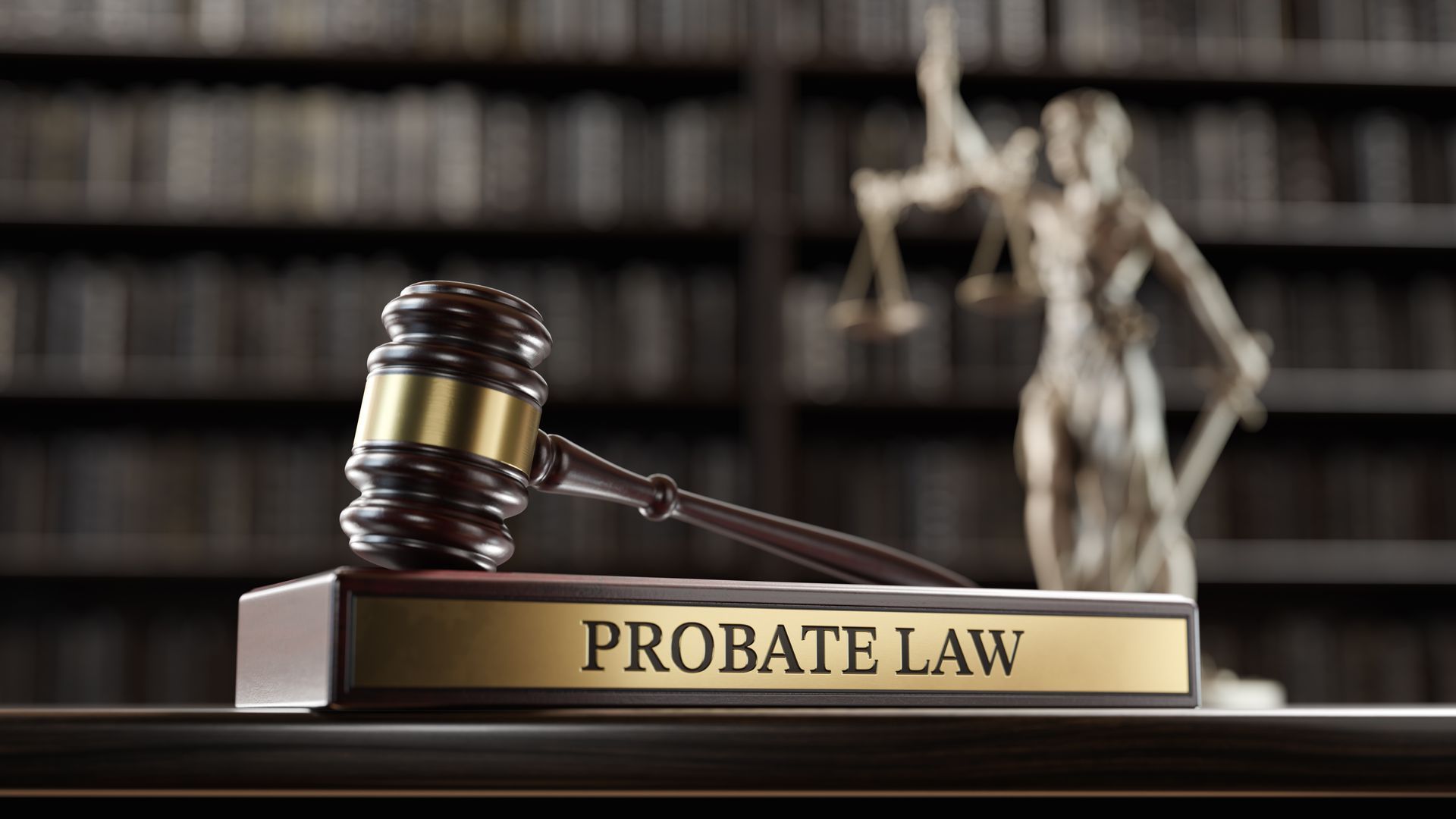Probate
Navigating the Probate Process: A Guide to Help You Through a Difficult Time
Grieving the loss of a loved one is among life’s most challenging experiences. Beyond the emotional toll, family members often face the daunting task of navigating the probate process—a legal procedure to settle the estate of the deceased. If the person who passed has not left clear instructions for distributing their belongings and assets, probate can become even more complicated, adding stress during an already difficult period.

What is Probate?
Probate is the legal process of administering a deceased person’s estate. This process includes paying any outstanding debts, determining the validity of the will (if there is one), and distributing the remaining assets to the rightful heirs. Probate is typically overseen by a court to ensure everything follows local laws and the wishes of the deceased.
Why is Probate Necessary?
Probate ensures that a person’s assets are properly and fairly distributed. When someone passes away, their property, bank accounts, investments, and personal items do not automatically transfer to family members; they must go through a legal process to ensure debts are paid and assets are distributed according to the deceased’s will or, if no will exists, local inheritance laws.
Common Probate Challenges
The probate process can be particularly difficult if there is no clear will or estate plan in place. Family members might disagree on who should handle the estate or how specific items should be distributed. These disputes can complicate the process, potentially delaying the distribution of assets and causing additional emotional strain.
Some common challenges include:
- Disputes over the Personal Representative: Family members may have differing views on who should manage the estate.
- Unclear inheritance instructions: If there is no will, or if the will is unclear, family members may have conflicting opinions on how assets should be divided.
- Legal and financial complexities: Probate involves court filings, potential taxes, and detailed inventory lists, which can be overwhelming.
Probate with a Will vs. Without a Will
The probate process differs depending on whether the deceased left a will:
- With a Will (Testate): If there is a will, the court’s role is primarily to validate it, and the named executor manages the distribution according to the instructions in the will.
- Without a Will (Intestate): If the deceased did not leave a will, the estate is distributed according to local intestate succession laws. These laws prioritize family members, such as spouses, children, and sometimes extended relatives.
Steps in the Probate Process
While the probate process varies by jurisdiction, the basic steps typically include:
- Filing a Petition: The process begins when a family member or representative files a petition in probate court to begin administering the estate.
- Appointment of Executor or Administrator: If a will exists, the personal representative named in it takes charge; otherwise, the court appoints an administrator.
- Inventory of Assets: The executor gathers all assets, including property, bank accounts, and personal belongings.
- Payment of Debts and Taxes: Outstanding debts, funeral expenses, and taxes are paid from the estate’s funds.
- Distribution of Assets: Once all debts are paid, remaining assets are distributed to heirs or beneficiaries according to the will or state law.
How We Can Help
The probate process can be overwhelming, especially during a time of grief. Our team is here to support you through every step, helping you navigate probate’s legal and administrative aspects. We understand the emotional and legal complexities involved and are dedicated to ensuring your loved one’s wishes are honored while minimizing stress and confusion.
Conclusion
While the probate process may seem daunting, it is a necessary step to ensure a fair and legal distribution of assets. Whether your loved one left a will or not, following the proper procedures can bring clarity and security to an otherwise challenging time. If you need guidance or assistance, our team is here to help you through this difficult journey, ensuring your loved one’s legacy is respected.
Let’s work together
All Rights Reserved | Willing Street Law
Website design by SamsonColborn.com
